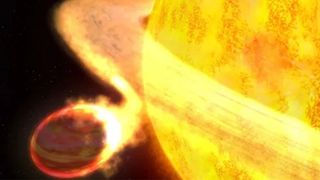Cosmology
Latest about Cosmology
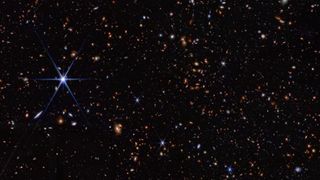
James Webb telescope finds carbon at the dawn of the universe, challenging our understanding of when life could have emerged
By Ben Turner published
The James Webb Space Telescope has found carbon in a galaxy just 350 million years after the Big Bang. That could mean life began much earlier too, a new study argues.
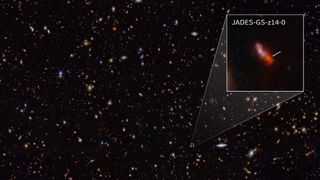
James Webb telescope discovers earliest galaxy in the known universe — and its shockingly big
By Brandon Specktor published
The James Webb Space Telescope has detected the two earliest, most distant galaxies in the known universe, dating to just 300 million years after the Big Bang. The detection of even earlier galaxies is likely to follow.
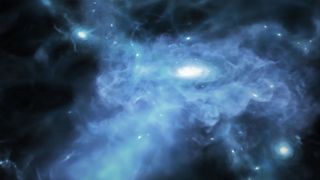
James Webb telescope sees 'birth' of 3 of the universe's earliest galaxies in world-1st observations
By Brandon Specktor published
The James Webb Space Telescope may have spotted the birth of some of the earliest galaxies in the universe for the first time ever, new research hints.
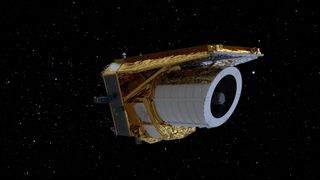
Euclid space telescope: ESA's groundbreaking mission to study dark matter and dark energy
By Ben Turner last updated
The Euclid space telescope uses its incredibly wide field of view to hunt for two of the universe's most mysterious components: dark matter and dark energy. The six-year mission could change cosmology forever.
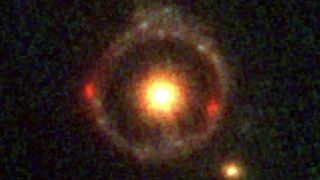
Researchers solve mystery of inexplicably dense galaxy at the heart of perfect 'Einstein ring' snapped by James Webb telescope
By Harry Baker published
The James Webb Space Telescope discovered an inexplicably dense galaxy inside an "Einstein ring" last year. Now, researchers think they can explain this cosmic conundrum.
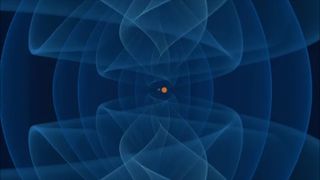
Gravitational waves reveal 1st-of-its-kind merger between neutron star and mystery object
By Sharmila Kuthunur published
Ripples in space-time point to the merger of a neutron star with another mystery object. The object, which falls right within the mass-gap range, sheds light on a long-sought, murky realm.
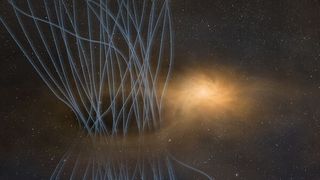
There's a baby star 'sneezing' in the constellation Taurus — and it could solve a longstanding cosmic mystery
By Sharmila Kuthunur published
In a rare observation, scientists found a baby star "sneezing" gas, dust and magnetic energy out of its disk. This behavior could help solve a longstanding mystery about how stars form without tearing themselves apart.
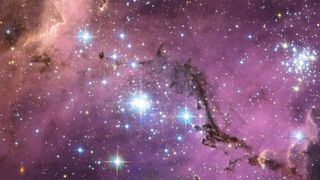
Group of 60 ultra-faint stars orbiting the Milky Way could be new type of galaxy never seen before
By Sharmila Kuthunur published
A new satellite galaxy discovered orbiting the Milky Way is either an incredibly ancient, soon-to-fragment clump of stars or the most dark-matter-dominated dwarf galaxy ever found.
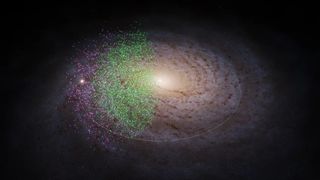
13 billion-year-old 'streams of stars' discovered near Milky Way's center may be earliest building blocks of our galaxy
By Brandon Specktor published
Two gargantuan structures discovered near our galaxy's ancient heart may be some of the earliest building blocks of the Milky Way. Researchers have named them Shiva and Shakti.
Get the world’s most fascinating discoveries delivered straight to your inbox.


